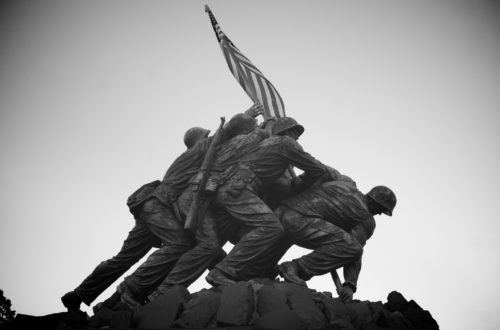When someone wins the lottery, people come out of the woodwork to get a piece of the pie…or so I’ve read. I wouldn’t know personally. If I did, I’d be writing this on a beach in the South Pacific. In any event, a New Hampshire woman, who remains nameless, purchased a winning lottery ticket worth $560 million and a judge ruled this week that she does not have to reveal her name. He based this decision on her invasion of privacy claim and cited “repeated solicitation, harassment, and even violence,” directed at previous lottery winners.
Per New Hampshire’s lottery rules – which are very similar to other states’ rules – winners must write their name, town, and the amount won on the ticket which then becomes public information under NH’s Right to Know law. The rationale behind this is that it maintains transparency and increases trust in the lottery system. Right to Know Laws, which are similar to the federal Freedom of Information Act (FOIA), are important mechanisms in an information-rich society. Transparency in government affairs is essential for a free and democratic country.
Only after the woman wrote her name, address, phone number, and address and signed the ticket did she learn from her attorney that, under New Hampshire law, she could have set up a trust and the trust could collect the winnings while she remained anonymous. Lottery officials said it was too late and refused to let her fix it. Her attorneys then filed for injunctive and declaratory relief to protect her identity. Judge Charles Temple ruled that disclosing her name and contact information would be a violation of her privacy interests and put her in a vulnerable position.
Nonstop phone calls from friends, family, charities, and unrelated persons are one thing, but some winners have been subjected to death threats. One Georgia man, Craigory Burch, Jr., was even murdered by seven masked men just months after winning a $434,272 jackpot. The men burst through this door and demanded money from him as he was holding his 2-year-old child. His family believes that he was targeted because of the recent winnings. Such a horrific example is extreme, but it does illustrate the safety risks that lottery winners face. What may seem like the best thing to happen to someone could become the worst.
At the end of the day, the nameless woman will not be required to come forward, but the judge did order that her hometown of Merrimack be made public saying the town was big enough that he did not think she ran the risk of being discovered if she did not want to be. As far as the winnings go, her attorney began presenting checks on her behalf to various nonprofit organizations. Girls Inc. and three chapters of End 68 Hours of Hunger received a total of $249,000 very shortly after he accepted the lump sum check. It is reported that she plans to give away as much as $50 million in future months and years.
For now, the woman can go on living her life normally and going about her daily business. It will be up to her and her attorneys to keep the winnings a secret.
To learn more about Lindley Law, our attorneys, and our practice areas, please visit our website at www.lindleylawoffice.com. If you want to donate any of your lottery winnings to us, we can be reached at 704-457-1010.


